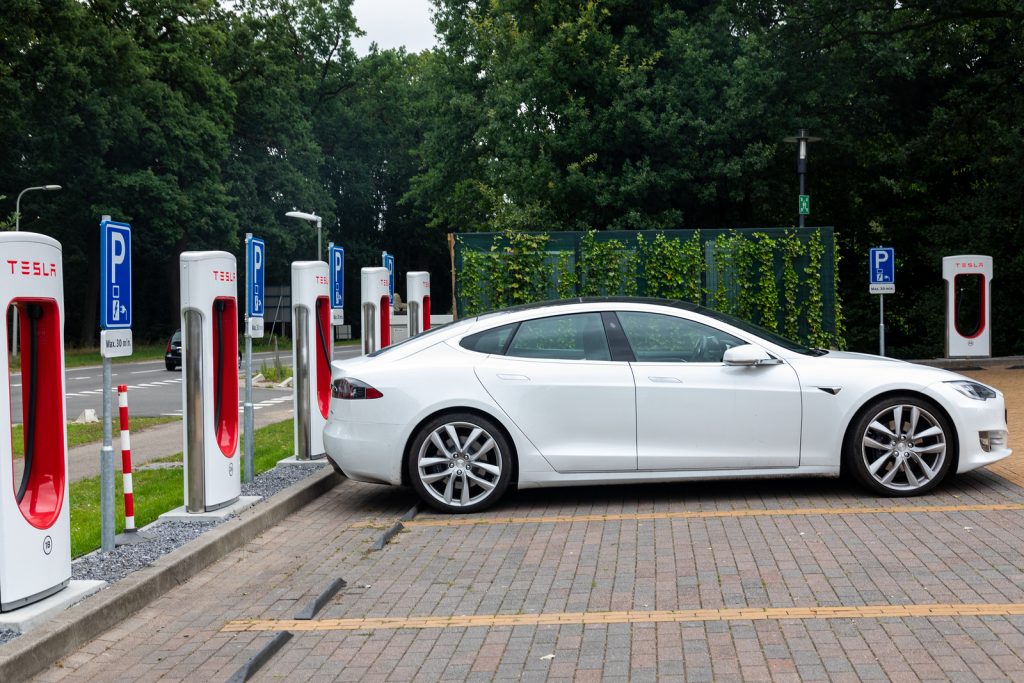NERA Study Shows Lifting Electric Vehicle Manufacturers’ Cap Would Inflict Harm on U.S. Households
WASHINGTON – Today, the American Energy Alliance delivered to lawmakers on Capitol Hill a study showing the economic effects of eliminating the manufacturers’ cap on the plug-in electric vehicle tax credit. The study, conducted by NERA Economic Modeling and commissioned by Flint Hills Resources, concluded that, on net, the high costs of raising the 200,000 manufacturers’ cap in the EV federal tax credit would more than outweigh consumers’ financial savings. Congress is continuing to negotiate a “tax extenders” package that could include a provision to lift the 200,000 vehicle cap and extend the program through at least 2022. The American Energy Alliance intends to score any “tax extenders” package that includes this special interest giveaway.
The study’s key takeaways include:
- If the manufacturers’ cap were removed, the study foresees greater burdens on taxpayers and higher electricity rates to pay for EV infrastructure as utilities recover their costs plus a rate of return through a fixed charge on customer’s bills.
- Eliminating the manufacturers’ cap on the EV tax credit would result in the net present value reduction in personal income of all U.S. households of $95 billion or about $610 per household between 2020 and 2035.
- Extending the tax credit would have a negligible impact on gasoline demand (<1% decrease by 2035), and therefore, does not reduce carbon emissions in any significant way.
- A lifting of the cap would funnel wealth from the American public at large to a narrow segment of Americans: EV manufacturers and wealthy EV buyers.
The full NERA study can be read here.
A summary can be read here.
American Energy Alliance President Thomas Pyle made the following statement:
“As Tesla’s Elon Musk and GM’s Mary Barra continue to lobby Congress to extend the electric vehicle tax credit and eliminate the manufacturers’ cap, this study confirms what we have been arguing for years: the special interest giveaway is a burden on American families and does not improve their lives in any tangible way. Americans want to make their own choices about what cars to drive and they shouldn’t have to pay for an electric vehicle tax credit which has been shown to mostly benefit wealthy individuals.
If policymakers in Washington were to lift the manufactures’ cap provision of the tax credit, they would inflict further economic harm on American households to the tune of a $95 billion value reduction between 2020 and 2035. And to what end? The NERA study shows that the tax credit will have a negligible impact on gasoline demand and therefore, won’t improve the environment in any meaningful way. It’s time for this tax credit to be ended, not extended.”
###
For media inquiries, please contact Erin Amsberry
eamsberry@energydc.org
